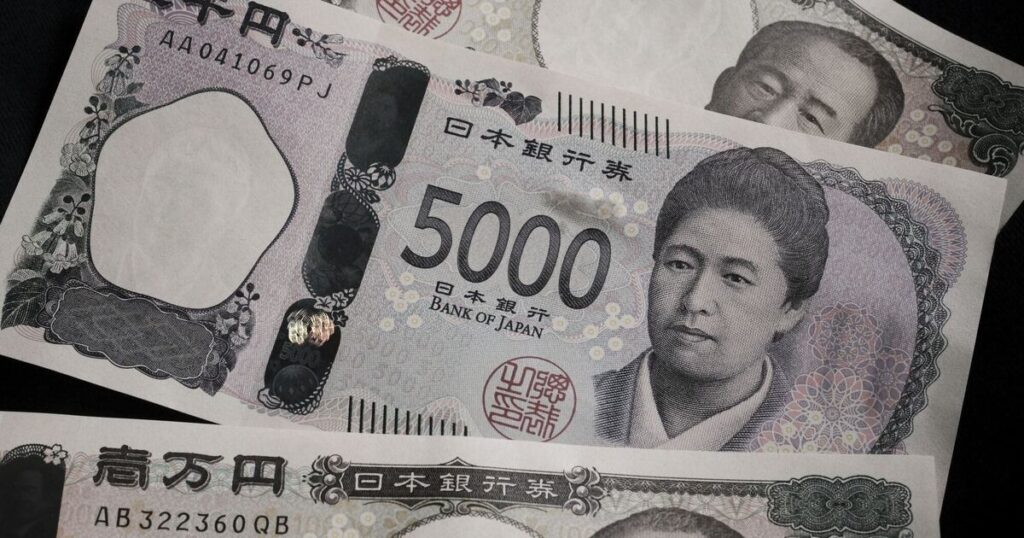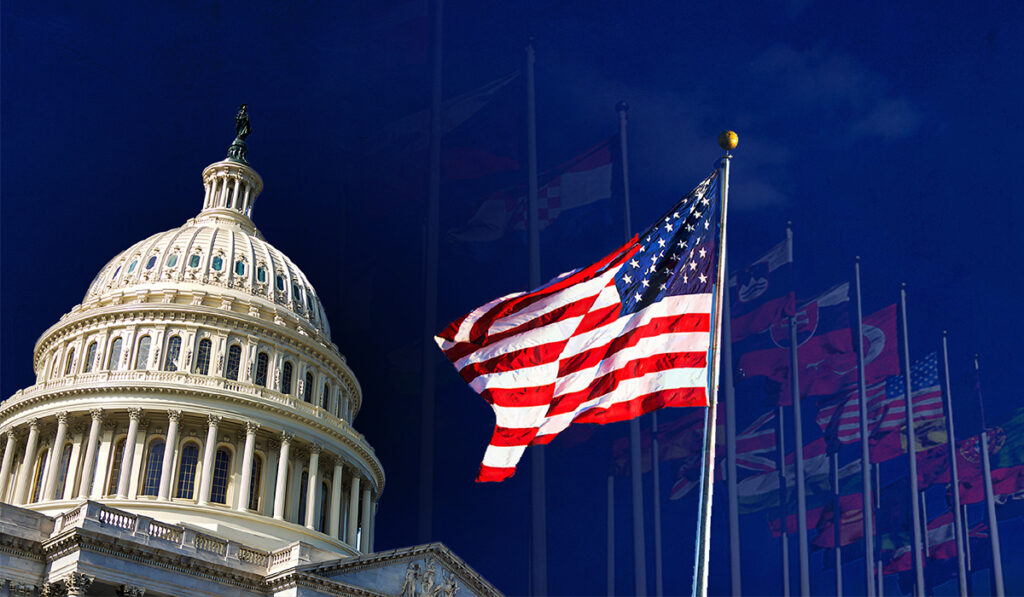
For decades, the vast trove of U.S. government debt held by Japan—currently sitting at an eye-watering $1.13 trillion—has been viewed as a pragmatic, mutually beneficial arrangement. Tokyo found in U.S. Treasuries a low-risk, reliable home for its massive foreign exchange reserves. Washington, in turn, enjoyed the assurance of a steady buyer for its debt, helping keep interest rates anchored and the financial system steady.
But in 2025, that quiet symbiosis is starting to take on a sharper edge.
As the United States pivots back toward protectionism and ramps up a fresh round of tariffs—some targeting key Asian exports—the nature of Japan’s holdings has evolved from economic convenience to geopolitical calculus. Once a passive investment, Japan’s $1.1 trillion in U.S. treasuries now looms as a potential diplomatic lever, silently powerful amid rising global tensions.
At first glance, the numbers tell a simple story: foreign investors currently hold about $8.5 trillion of the United States’ $34+ trillion national debt. At the top of that list is Japan, outpacing even China, once the biggest foreign creditor. For Japan, this has always been about stability. Treasuries offer a near-guaranteed return, denominated in a strong currency, and backed by the full faith and credit of the U.S. government.
The arrangement also suited Washington. With Japan buying up debt, the U.S. could borrow more freely to fund everything from defense to infrastructure—without pushing interest rates sky-high. It was a quiet, dependable partnership.
Until now.
Trade and Tensions Rise
A global recalibration is underway. In 2025, the U.S. administration proposed sweeping new tariffs aimed at protecting domestic industries, many of which directly impact Japanese exports, from semiconductors to automobiles. While trade tensions with China have dominated headlines for years, Japan—America’s close ally and China’s economic partner—is now finding itself pulled into the fray.
Caught in this geopolitical tug-of-war, Tokyo is facing difficult questions. Should it align firmly with Washington’s hardline stance on China, even at the risk of alienating its largest trading partner? Or should it hedge its bets, maintaining a delicate balance between two global superpowers?
Enter Japan’s U.S. Treasury holdings—no longer just an economic instrument, but a geopolitical pressure point.
Japan’s massive U.S. debt holdings give it quiet influence. In theory, Tokyo could rattle markets simply by hinting at a reduction in purchases or a reallocation of reserves. The mere suggestion of selling even a fraction of its U.S. bonds would send tremors through global bond markets and spike American borrowing costs.
But Japan is unlikely to make such a move. Why? Because the risk cuts both ways.
The Cost of Weaponization
For all its theoretical clout, using U.S. Treasuries as a weapon could backfire on Japan. Selling large volumes of U.S. debt would strengthen the yen, making Japanese exports more expensive and less competitive—a body blow to Japan’s already fragile economy. With an aging population, decades of slow growth, and stubborn deflationary pressures, Japan has little appetite for economic volatility.
Moreover, many of Japan’s top institutional investors—its pension funds, insurers, and sovereign funds—depend on Treasuries to anchor their portfolios. These institutions prize predictability and liquidity, not confrontation.
In short, weaponizing Treasuries would be like setting fire to your own umbrella in the middle of a storm.
Still, Japan’s holdings are far from irrelevant. They provide a form of insurance—a stabilizing hedge against U.S. policy unpredictability. In diplomatic backchannels, they serve as a quiet signal: Japan holds a stake in America’s financial health and expects its interests to be taken seriously.
As the U.S. sharpens its trade rhetoric and China deepens its economic entanglements in Asia, Tokyo can use its financial relationship with Washington to signal cooperation, demand reciprocity, or push for moderation. It’s not about selling Treasuries; it’s about the subtle message embedded in holding them.
The world in 2025 is increasingly defined by economic nationalism, realigned supply chains, and strategic competition. Japan’s place in this landscape is unusually complex. As the world’s third-largest economy by nominal GDP and fifth by purchasing power parity, it punches far above its weight in diplomacy and finance. But it is also economically intertwined with both the U.S. and China in ways that limit its maneuverability.
Thus, its Treasury holdings become a quiet form of statecraft—a financial ballast that speaks softly, but carries weight in Washington’s calculations.
Japan’s $1.1 trillion in U.S. Treasuries is not a weapon, but a shield—protecting its economy from volatility, anchoring its global reputation for financial prudence, and offering a subtle lever in the gamesmanship of modern diplomacy. As trade wars heat up and alliances are tested, Tokyo’s strategy appears to be one of quiet strength.
In the end, Japan may never have to sell a single bond to make its point. Sometimes, holding the cards—and knowing when not to play them—is power enough.
Article Source: The Diplomat

Bella Richardson is a dedicated journalist and news analyst known for her clear, thoughtful reporting and her ability to make complex stories accessible to a broad audience. With a Master of Science in Mass Communication, she brings both academic insight and real-world experience to her coverage of breaking news and trending topics throughout the United States.






